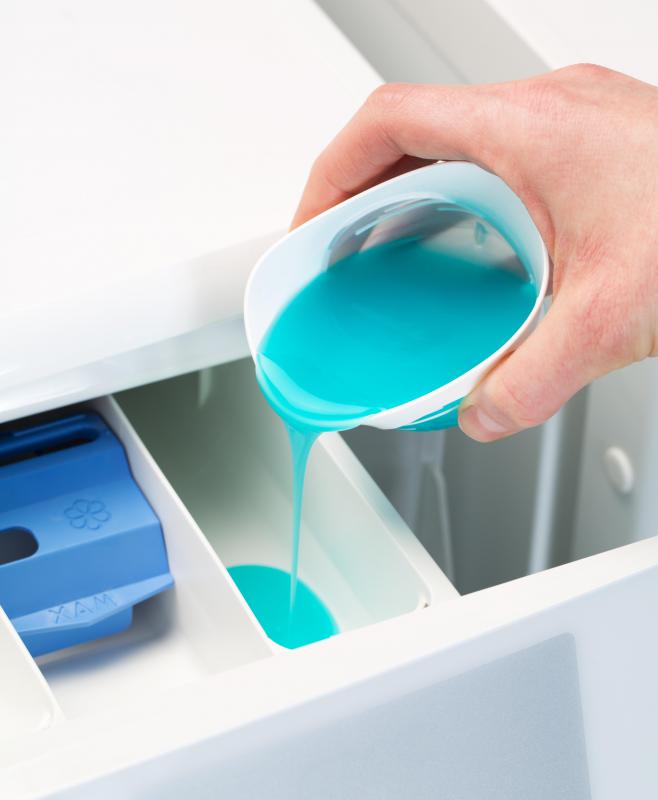At TheHealthBoard, we're committed to delivering accurate, trustworthy information. Our expert-authored content is rigorously fact-checked and sourced from credible authorities. Discover how we uphold the highest standards in providing you with reliable knowledge.
What is Butoconazole?
Butoconazole is an antifungal drug that is used to treat vaginal infections caused by Candida yeast species. For most women, a vaginal yeast infection will be treated effectively with one course of the drug. This medication is sold under several brand names, including Mycelex®, Femstat® and Gynazole®.
Almost all cells, including animal, plant, bacterial and fungal cells, require a cell wall or membrane to maintain cellular integrity. As with many other antifungal and antibacterial drugs, butoconazole works by disrupting its target organism's cell wall. Yeast cells that are vulnerable to the drug begin to leak after exposure to the drug, and they cannot maintain normal cellular function. These cells eventually burst open and die.

Butoconazole is available in the form of a cream that is introduced into the vagina with the use of a disposable applicator. The applicator typically is plastic and is supplied along with doses of the medication. As with antibiotics, the full course of antifungal cream must be used, even if symptoms begin to disappear after a day or two. Stopping the course of medication too early can lead to the development of a drug-resistant strain of yeast. A woman who is using this antifungal cream should continue with the course of medication even if her period begins during treatment.

Most side effects of butoconazole cream are minor but can be unpleasant or painful. The most common side effects are burning sensations in the vulva or vagina, as well as soreness, swelling or vaginal itching. Some women also might experience pain or cramps of the abdomen or pelvic region. These side effects are not common, but they can develop after the first use of the topical antifungal cream.

Butoconazole is not known to cause serious long-term side effects. Clinical studies have not found any evidence that the drug causes cellular mutation that might lead to cancer or fertility problems. Even so, there have been no long-term studies to determine whether the drug increases cancer risk. In addition, the effects of the drug in pregnant or nursing women are unclear, and it has not been conclusively proven that it does not cause fetal abnormality.

In most cases, a yeast infection will clear after a single course of treatment when used as prescribed. Sometimes, however, the infection might fail to clear, or might recur within a few weeks. This can be a sign that another disease has reduced immune system function and has allowed the yeast infection to recur. In women who are at risk, recurrent yeast infections sometimes are a sign of a human immunodeficiency virus (HIV) infection and should be taken seriously.
AS FEATURED ON:
AS FEATURED ON:














Discuss this Article
Post your comments